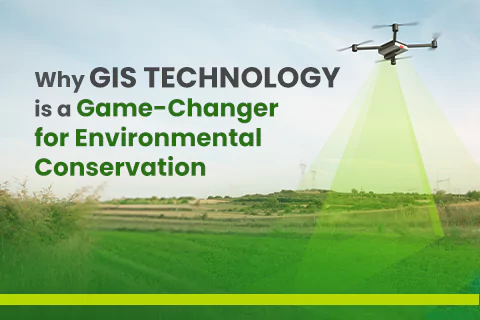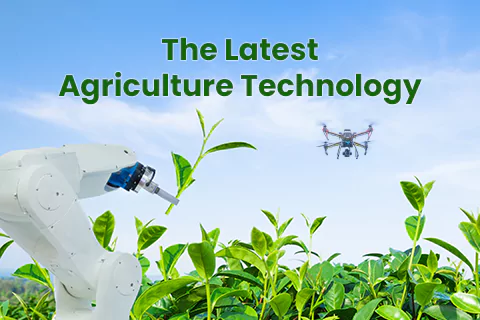The Indian agriculture sector is responsible for 18% of the total gross domestic product and 40% of the total Net Domestic Product of India. 64% of the country’s workforce is employed in agri-based businesses.
Farmers face many challenges because of the lack of accessibility of resources like technology and information. It affects their growth as farmers. If new technological solutions are given to them, it can massively increase their growth rate and improve the country’s agricultural productivity. There has been a noticeable change in farmers’ lives since the increased usage of smartphones. These devices have helped them in taking their first steps towards technological advancement.
The following points list some of the significant technological advancements in the field of agriculture that can benefit farmers:
Smartphones Make their Lives Easier
Smartphones are slowly integrated into farming operations as they help farmers reduce their efforts. Various applications are available with a myriad of information, from land tilling to harvesting. This information helps the farmers plan their crop cycle more organized by making better decisions about all the processes like plantation and fertilizations. Smartphone applications assist farmers in keeping track of their crops by installing sensors that are connected to their smartphones.
Drones Help in Yield Assessment
Drones are an innovative technological invention enhancing productivity in various industries. It has also proved beneficial for farmers as it solves multiple concerns for them. For example, in India, various agricultural fields are located in dangerous lands that are either not accessible easily or difficult to walk on. Farmers can use drones to map such areas. Similarly, if there is a storm or fire, farmers can assess their fields by sending drones rather than sending workers and risking their lives. Drones can also be used to spray water or fertilizers in specific spots. It can reduce chemical drifts and runoffs by protecting nearby crops.
E-Commerce Eliminated the Middlemen
The advent of E-Commerce has eliminated the middlemen from the sale and purchase cycle of agricultural products. With the help of E-Commerce platforms like e-NAM, farmers can directly sell their products to their customers. It increases their scope for sale and gives agricultural marketers more opportunities to handle sales more efficiently.
Data Sciences keep the farmers informed
Manual farming processes put the crops at multiple risks. However, if the farmers incorporate data sciences for precision agriculture, they can make better decisions between planting and harvesting. The rich database will help the farmers keep their crops healthy and gain more profits by giving them access to market trends and real-time climate data.
Artificial Intelligence Help in Crop Management
Right from the step of sowing the seeds to harvesting, Artificial Intelligence can enable farmers to get the best results out of their efforts. Numerous AI tools can help farmers gain insights about soil fertility, moisture levels, pest infestations, irrigation methods, disease diagnosis, predictive insights, intelligent spraying and climate data. It can also assist them in analyzing the quality of seeds and fertilizers.
To sum it up, modern technology in agriculture today has the potential to bring a huge change in the agricultural industry and help farmers in various ways. With the help of advanced machinery and equipment, farmers can increase their efficiency and productivity, while precision farming techniques can help them make the most out of their resources and reduce waste. Moreover, data analytics and sensors can aid farmers in making informed decisions and give them valuable insights. By embracing these technological advancements, farmers can boost their yields and profits and contribute to a more sustainable and eco-friendly future.



